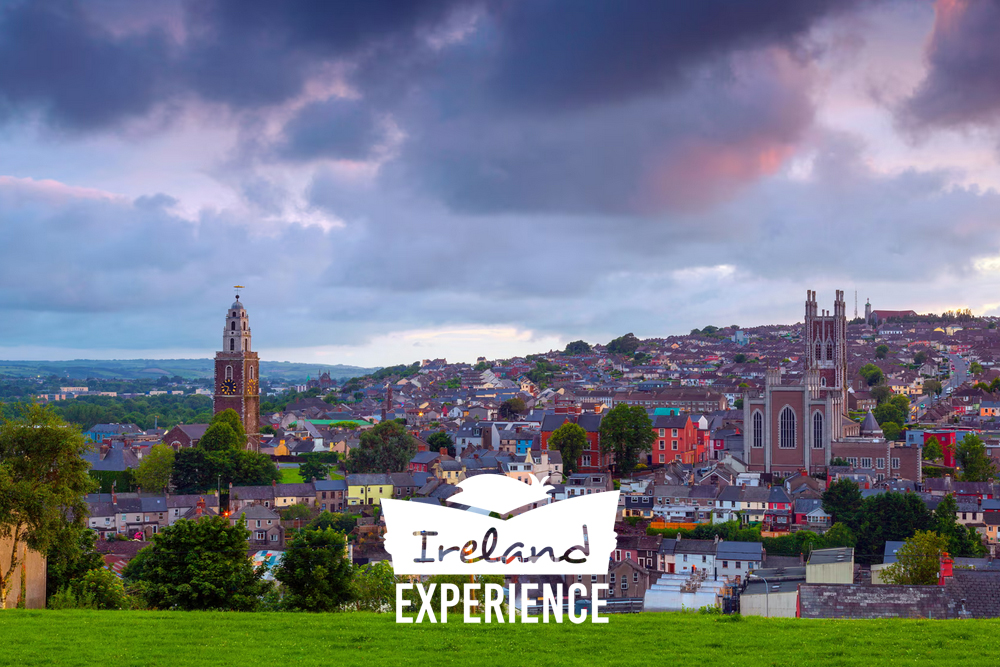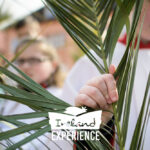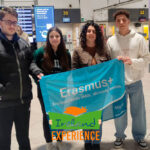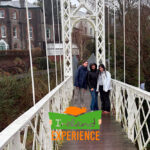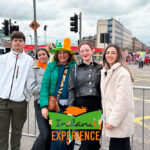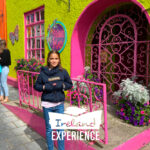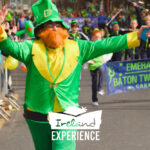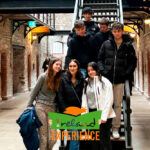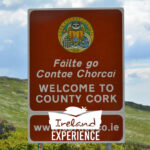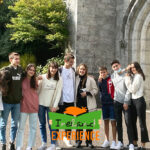Cork, a distinctive Irish city, boasts a comprehensive historical journey from its monastic origins in the seventh century, founded by St FinBarre, to its present-day cosmopolitan identity. Legend connects the city’s beginnings to Gougane Barra, where St FinBarre established a monastery before walking the river valley to create St Finbarre’s Cathedral in Cork City.
Cork’s history encompasses diverse phases: a Viking port, a prosperous walled town during Anglo-Norman rule, and a city marked by political challenges during the sixteenth and seventeenth centuries. Georgian and Victorian times saw significant urban changes, with marsh reclamation, street construction, and industrial revolution impacts on quays and warehouses.
In the twentieth century, Cork’s population growth led to suburban development along the River Lee’s valleysides. The city, once marshy islands, became an island itself, surrounded by the Lee’s channels, emphasizing its maritime heritage and port-town identity.
Cork’s continual reinvention, shaped by its citizens, is evident in forgotten places alongside well-known cityscapes. The River Lee, witnessing the city’s transformation, remains a central influence. The suburbs, on both northern and southern valleysides, reflect the city’s growth and evolution.
Cork’s essence lies in its diversity, with its history and cultural development. A stroll through St Patrick’s Street, or ‘Pana,’ reveals the city’s warmth, distinctive accent, and vibrant atmosphere, making it an ideal destination for students seeking an English-language study experience in a city with a great heart.
At Ireland Experience, we offer our students a total immersion in the culture, history, and customs of Ireland, especially Cork, a wonderful city. Contact us and join this great family.

